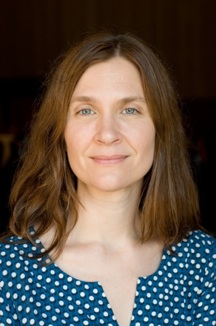
Professor
Department of Psychology
Harvard University
33 Kirkland St.
Cambridge, MA 02138
Phone: 617-495-3873
Fax: 617-384-7944
[email protected]
Education
University of Washington, B.A., 1994
University of Pennsylvania, M.A., 1996
University of Pennsylvania, Ph.D., 1999
Positions
2010-Present Professor, Dept. of Psychology, Harvard University
2006-2010 John L. Loeb Associate Professor, Dept. of Psychology, Harvard University
2001-2006 Assistant Professor, Dept. of Psychology, Harvard University
2000-2001 Postdoctoral Fellow, Institute for Research in Cognitive Science, University of Pennsylvania
All Publications
New Work
Coffey, J. R., & Snedeker, J. (2025). How strong is the relationship between caregiver speech and language development? A meta-analysis. Journal of Child Language, 1–36.
Yacovone, A., Waite, B., Levari, T., & Snedeker, J. (2024). Let them eat ceke: An electrophysiological study of form-based prediction in rich naturalistic contexts. Journal of Experimental Psychology: General.
Coffey, J., & Snedeker, J. (2024). Disentangling the roles of age and knowledge in early language acquisition: A fine-grained analysis of the vocabularies of infant and child language learners. Cognitive Psychology, 153, 101681.
Conwell, E., & Snedeker, J. (2024). Semantic Cues Facilitate Structural Generalizations in Artificial Language Learning. Language Learning and Development, 1–16.
Kandel, M., & Snedeker, J. (2024). Assessing two methods of webcam-based eye-tracking for child language research. Journal of Child Language, 1–34.
Levari, T, Snedeker, J. (2024). Understanding words in context: A naturalistic EEG study of children’s lexical processing. Journal of Memory and Language, 137, 104512.
Coffey, J. R., Zeitlin, M., Crawford, J., & Snedeker, J. (2024). It’s all in the interaction: early acquired words are both frequent and highly imageable. Open Mind, 8, 309-332.
Kandel, M., & Snedeker, J. (2024). Cascaded processing develops by five years of age: Evidence from adult and child picture naming. Language, Cognition and Neuroscience, 39(2), 167–202.
